Why is the classical methoD so effective?
Why is the classical method so effective?
There is no greater task for educators than to teach students how to learn through the lens of goodness, truth and beauty. The influence of progressive education and the oversimplification of textbooks often hinder students. Mental discipline and virtue that instruction once cultivated is no longer encouraged. The classical method develops independent learning skills built on language, logic, and fact. The classical difference is clear when students progress beyond conventionally taught subjects.
Integration between subjects is crucial for students to make sense of the world. Math, science, philosophy, theology, history, and the arts are interwoven. This causes all subjects to relate as one, well-rounded perspective. Classical Christian education also integrates Biblical truth into interlaced subjects. Creating continuity of a student’s faith and learned knowledge emphasizes virtuous character. This Biblical and logical perspective is rare in today’s youth. The Classical method is unlike any other form of modern education. Knowing God’s truth as it integrates into His world provides a powerful arsenal. We strive to equip students for the hostile questions awaiting them beyond graduation.
Adolesco Prep matures students who are well-suited to challenge the conventions of our society, rather than falling prey to them.
Survey details can be viewed at The Classical Difference.
GRAMMAR STAGE
The Grammar School includes K through 6th grades, and priority during these years is given to reading, writing, grammar, and math with a heavy emphasis on the art of memorization. Modern education tends to overlook the importance of memorization around 3rd grade but a child’s brain is apt for retaining long-lasting memorization at these younger ages. This stage focuses on repetitive exposure of fundamental facts and rules, ordering basic information of a subject along with exploring information through singing, chanting, and recitation which are appealing to children in this age range and aids in life-long retainment.
These years are a time of wonder and excitement as our teachers strive to develop a deep love of learning in our students. Hands-on projects and manipulatives are also utilized in the grammar stage to provide greater opportunities for discovery. Classical education begins teaching a child how to learn and emphasizes the development of wisdom and virtuous character.
LOGIC STAGE
In the School of Logic, grades 7th and 8th, students will begin to connect the foundational facts and skills learned in the grammar stage and to discover relationships and patterns between them.
During early adolescence, a student’s capacity for abstract thought grows tremendously. They naturally tend to question information at this time in their development and increase their ability to draw conclusions. Students in this stage are formally taught to analyze, reason, question, evaluate, and critique in order to gain understanding. Logic, the art of reasoning accurately and arguing correctly, is also taught during this stage. Pairing this with a Biblical world-view provides a framework of absolute truth, equipping students to see what is false and why something is true or false.
RHETORIC STAGE
Students in the high school stage become increasingly aware of how others perceive them and there is a personal focus on fashion, vocabulary, mannerisms and other forms of expression. Classical education utilizes this shift as an opportunity to infuse wisdom and eloquence in students. This includes honing rhetorical skills such as the art of writing and oration while increasing in virute. This shift prepares students to write college-level theses, utilizing their knowledge of proper grammar as well as their ability to think logically and critically. Students master clear and effective communication with a desire to influence their audience with what is good. Ultimately, the Classically-trained student graduates as “the good man speaking well.”
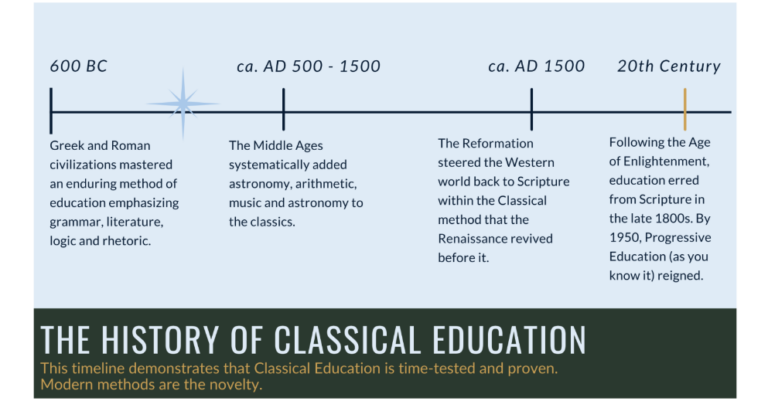
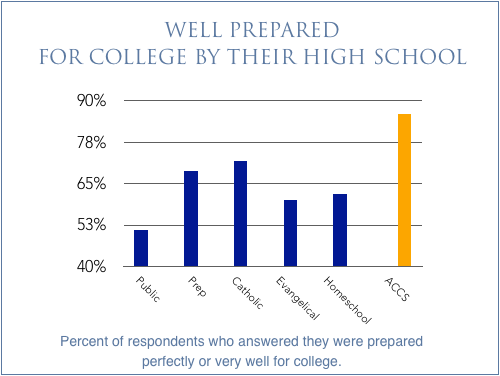
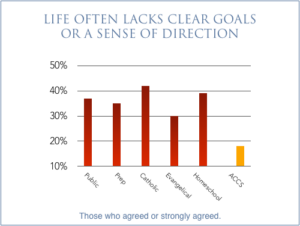
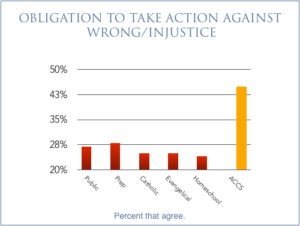
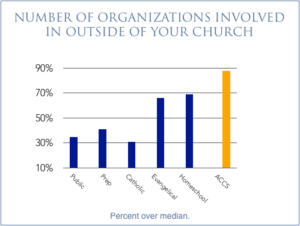
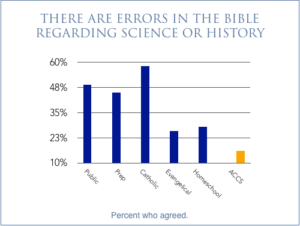
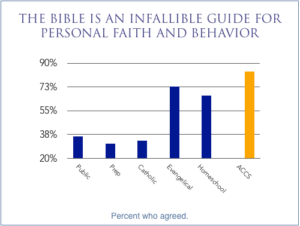

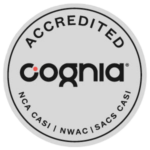
 Website Managed By 1 Match Marketing
Website Managed By 1 Match Marketing